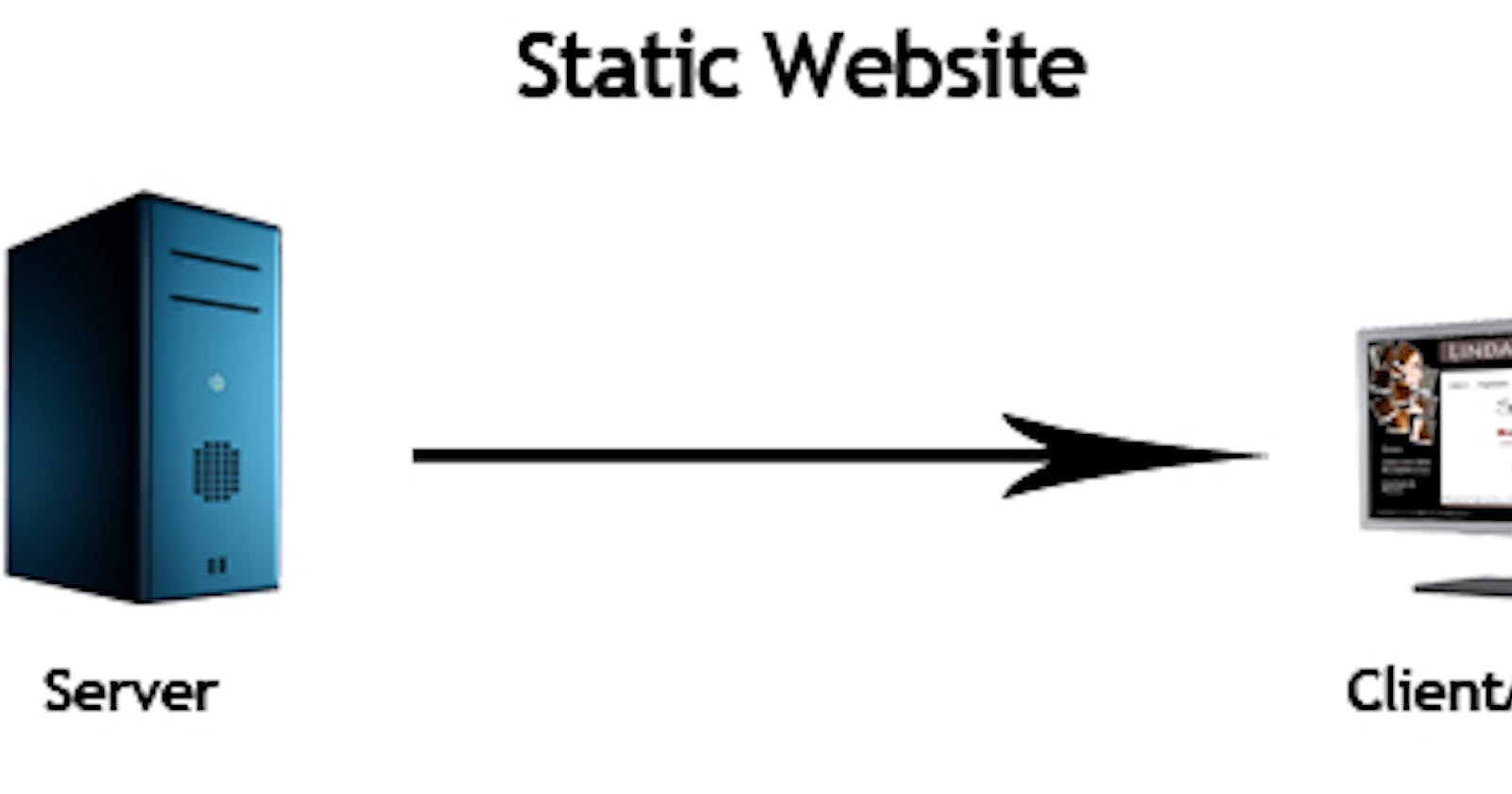Introduction to Static Sites
A static website is a website that is more like a document than a computer system. Unlike a traditional website, such as one built with WordPress, a static website doesn't rely on a web server to dynamically create the final document that is sent as a response when the document is requested from the web address.
Static web pages are made of “fixed code,” and unless the site developer makes changes, nothing will change on the page.
What are the benefits of a static website?
Static websites have many benefits over dynamically created websites. Most of the advantages of static websites are due to the lack of need for a web server.
Security
Static websites do not require a web server, and therefore they are very secure by nature. The most significant security vulnerabilities that dynamically created websites poses are related to the web server in one way or another.
Cost
Most of the time, static websites are very lightweight and do not require much storage space or computational resources to run. This means that there is a significant advantage in the cost-effectiveness of static websites compared to dynamically created ones.
Sustainability
Static websites are better for the planet and the environment because they are more sustainable than dynamic websites. This is because there is usually no webserver involved when running a static website, which means much energy is saved compared to running a dynamic website that requires computing power to handle all incoming requests.
Maintenance
Some might argue that static websites are worse than dynamic websites, such as WordPress because they are harder to update or maintain. However, static websites have gained much popularity in the tech industry in recent years, and there are many tools these days that make the maintenance of a static website a lot easier than before.
Static websites are not any more complex than dynamic ones, and I would even say that static websites are easier to maintain than dynamic ones. This is, again, because of the lack of a web server and the overhead that comes with running a web server.
When should you use a static website?
Static websites are meant for showing and displaying content and information on a website and not so much for processing it. This means that static websites are not suitable for handling many user inputs and outputs.
If your website has many forms or requires your users to authenticate, it would be advised to look into more server-first solutions.
Static websites are most suitable for simple business websites, blogs, and landing pages.
Advantages & Disadvantages of Static Site
| Advantages | Disadvantages |
| Simplicity | Limited Functionality |
| Speed | Lack of flexibility |
| Security | No user interaction |
| Cost-effectiveness | Not good for complex implementation |
| Scalability |
